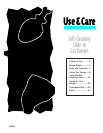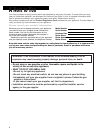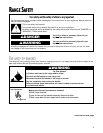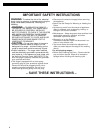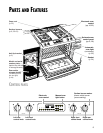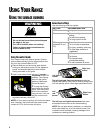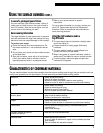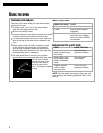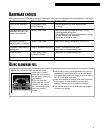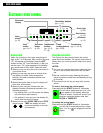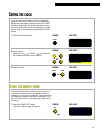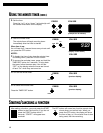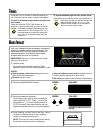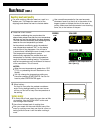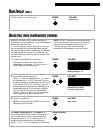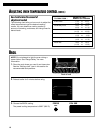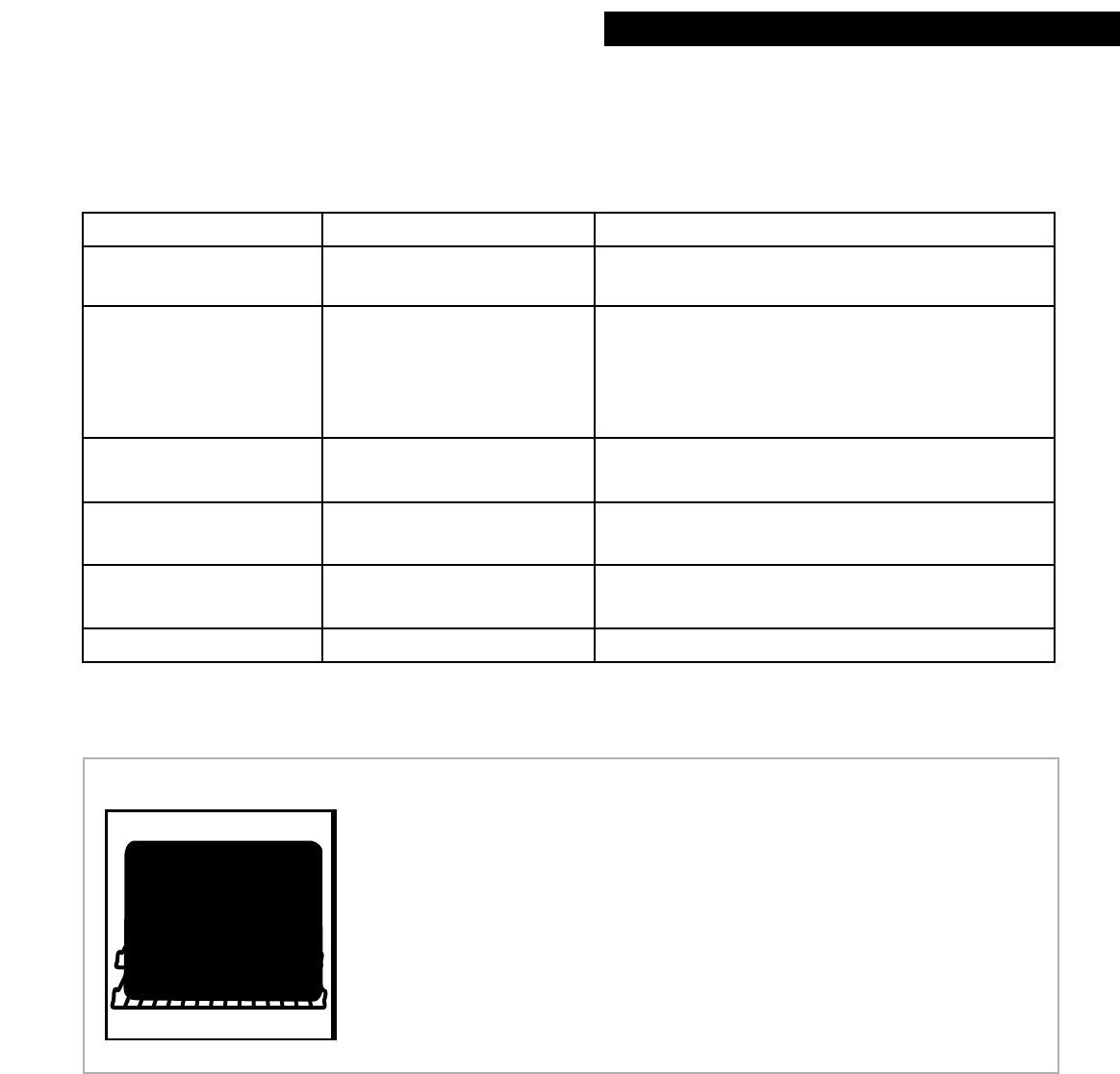
9
USING YOUR RANGE
USING ALUMINUM FOIL
BAKEWARE CHOICES
Baking performance is affected by the type of bakeware used. Use the bakeware size recommended in the recipe.
BAKEWARE TYPE
Light colored aluminum
• Light golden crusts
• Even browning
• Use temperature and time recommended
in recipe.
Dark aluminum and other
bakeware with dark, dull,
and/or non-stick finish
• Brown, crisp crusts
• May reduce baking temperature 25°F (14°C).
• Use suggested baking time.
• Use temperature and time recommended in recipe
for pies, breads, and casseroles.
• Place rack in center of oven.
Ovenproof glassware,
ceramic glass, or ceramic
• Brown, crisp crusts
• May reduce baking temperature 25°F (14°C).
Insulated cookie sheets or
baking pans
• Little or no bottom browning • Place in the bottom third of oven.
• May need to increase baking time.
Stainless steel • May need to increase baking time.
• Crisp crustsStoneware
• Follow manufacturer's instructions.
• Light, golden crusts
• Uneven browning
BEST USED FOR
GUIDELINES
NOTE: Do not line the oven bottom with foil or
other liners. It could
affect the oven surface
as well as the quality of
your baking.
•
Do not cover the
entire rack with alumi-
num foil. It will reduce
air circulation and give
you poor cooking
results.
•
Use aluminum foil to catch spillovers from pies or
casseroles by placing foil on the oven rack below.
Foil should be turned up at edges and be at least 1
inch (2.5 cm) larger than dish.
•
Place tent-shaped foil loosely over meat or poultry
to slow down surface browning for long term
roasting. Remove foil for the last 30 minutes.
•
Use narrow strips of foil to shield piecrust edges if
browning too quickly.



